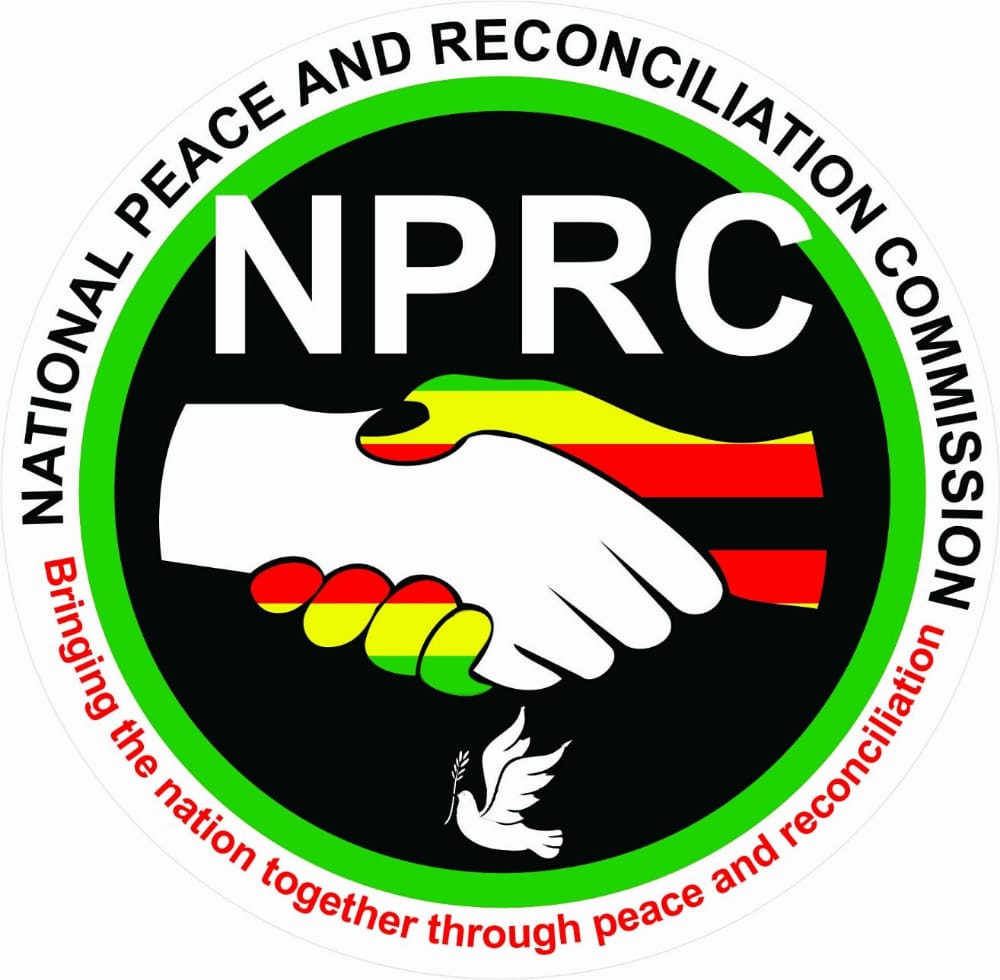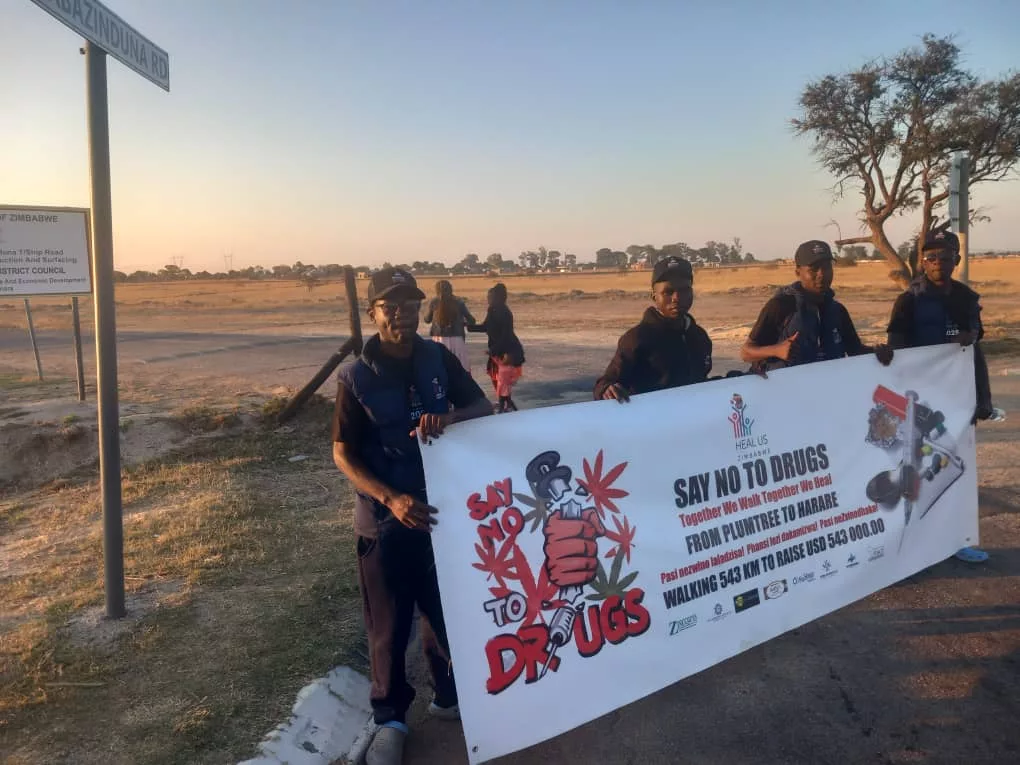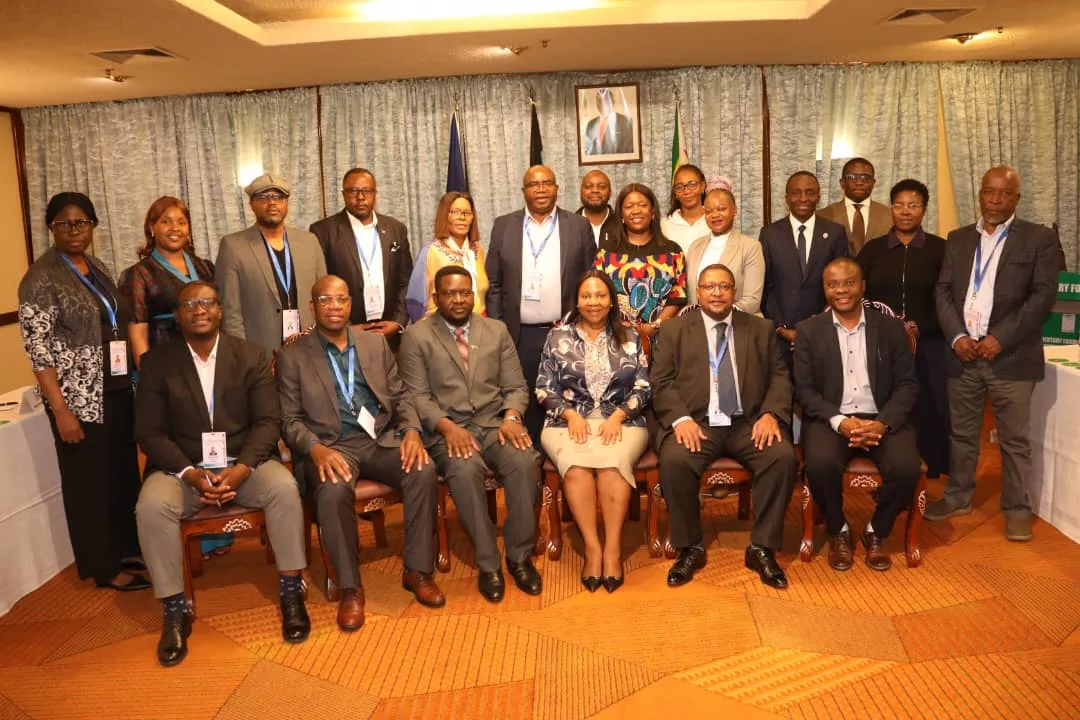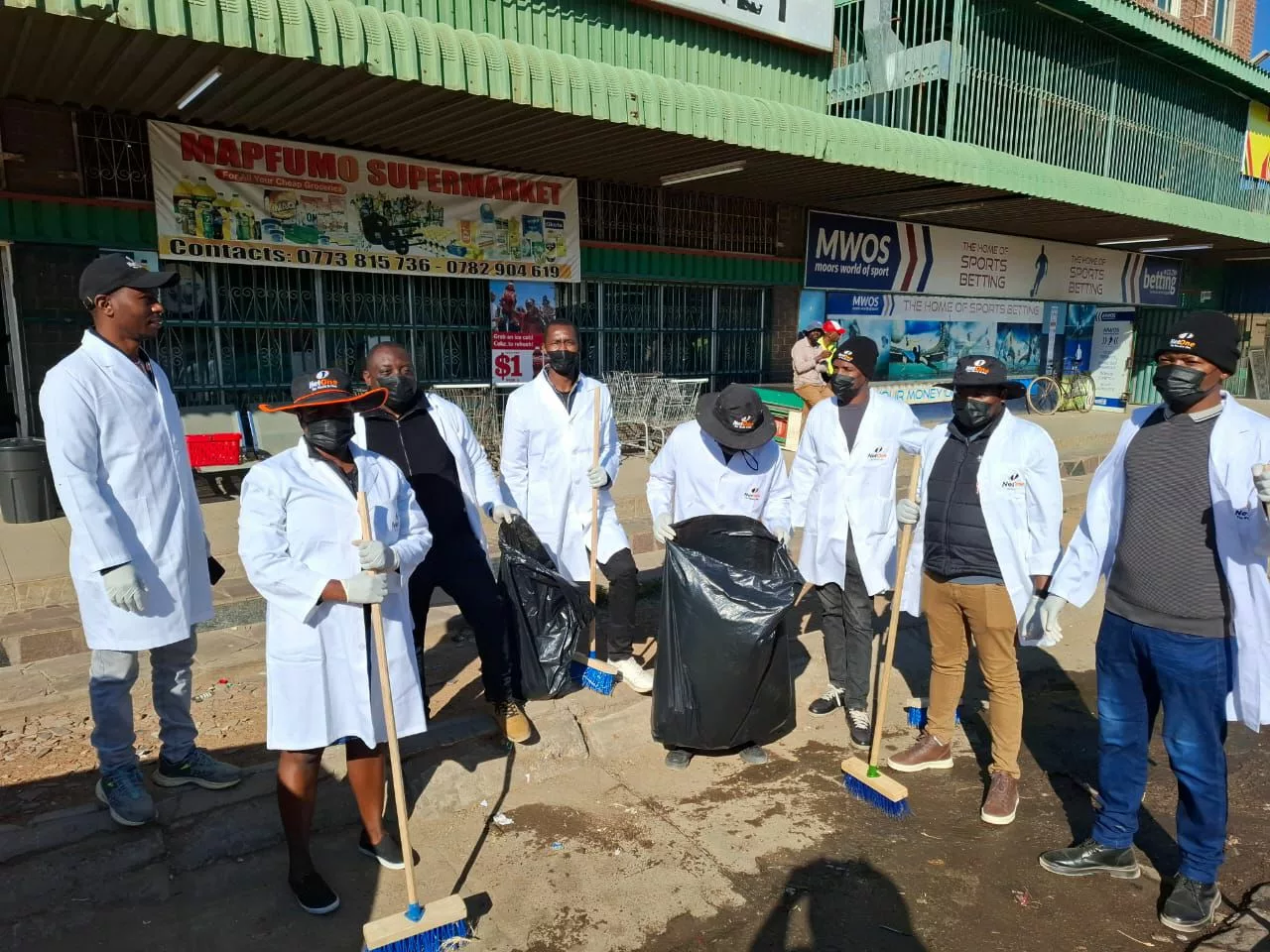By Joyce Mukucha
The National Peace and Reconciliation Commission (NPRC), an independent commission that promotes national peace, healing, reconciliation, and social cohesion is preparing to conduct public and private hearings with Provincial Peace Committee as it seeks to build a peaceful Zimbabwe for all generations.
The hearings will be carried out in all ten provinces of the country with the commission ensuring that no one is being left behind.
In an interview with Spiked Online Media, the NPRC General Manager for Healing, Reconciliation, and Rehabilitation, Cynthia Mawema said the commission has first engaged different people who are part of the provincial committee, indicating that they are a crucial arm in developing a structural plan.
This was after realizing that the majority of Zimbabweans have gone through a painful past and no single national programme gave them an opportunity to be engaged in truth telling exercise in healing the wounds of the past were provided.
“Looking at our strategic plan, our vision is to have a peaceful nation. Basically, the structure of the NPRC comprises of commissioners who are our policymakers, secretariat who are the legs of the operational arm of the Commission but the Commission cannot be everywhere so it has its presence in the provinces and these are not staff members but the people who live in the provinces (stakeholders),” Mawema said.
She said the Provincial Peace Committee comprises traditional leaders, young people, women, and people living with disabilities, civil society organizations, churches, and anyone who believes they are working for peace.
Mawema said the committee has a representative from every sector and if there is any sector left out, NPRC will call out for them.
“So in doing so, we are bringing different people together for them to tell their stories but in a regulated way. Thus, we have called for public hearings and private hearings as well to take place. For private hearings, I can give an example of children who are being killed and there is a lot of violence against children, so we call those private hearings for children to narrate their experiences where they can speak behind the camera.”
She added that the reason why the Commission is engaging provincial peace committee members was that they are the custodians of the families that have been hurt and will help to figure out the violation types and the depth of how horrible people are treated in each province and how they can be addressed.
“This exercise is to identify the areas with the victims and what are the remedies they want the commission to assist with. We refer the cases to relevant authorities. If it’s a criminal case we refer it to the police but if it’s the one we can bring the community together we work with councilors, traditional healers, the chiefs, and other stakeholders to bring people together. This is an important part of the reconciliation committee. It is of paramount importance at times to revisit our indigenous ways of building peace,” she said.
The plan of interacting with the Provincial Peace Committee also seeks to realize the magnitude of the work that lies ahead and come up with a structured plan.
“This will also help in as much as fundraising is concerned at provincial and national level knowing what resources are needed to deal with problems.”
She also stressed that it was important to find ways that will help to reach the remote of the remotest areas, first ensuring that no one is being left behind.
“In urban areas, we are not saying people don’t get hurt but it is better because others have opportunities to access counselling sessions to lessen the pain but those who are in deep rural areas do not have this chance. It is important that people in remote areas are taught how to lodge a complaint with the commission so that we go there and address it. So for now we are not happy as a commission in as much as visibility is concerned. We still need to do more so that everyone starts to preach about peace around the nation.”
The NPRC Commissioner Dr. Geoffrey Chada added that it was crucial for NPRC to adopt a multi-sectoral approach, integrate sign language, embrace resource mobilization among other initiatives to ensure that peace and reconciliation continue to prevail in the country






